Canadian Firearms Safety Course Guide 2023
Hey there, fellow firearms enthusiasts! If you’re looking to enhance your knowledge of firearms safety and regulations, you’re in the right place. In this article, I’ll be sharing all the essential information about the Canadian Firearms Safety Course and how it can benefit you. So, let’s dive in and discover everything you need to know about this comprehensive training program!
But before we get started, let me assure you that firearms safety is of utmost importance to me. As a responsible gun owner myself, I understand the significance of proper education when it comes to firearms handling, storage, and transportation. That’s why I’m excited to share this course guide with you!
Key Takeaways:
- Learn the basics of firearms safety through the Canadian Firearms Safety Course.
- Understand the laws and regulations surrounding firearms storage, handling, and transportation.
- Download the Canadian Firearms Safety Course manual for free from the Government of Canada Publications website.
- Obtain your Possession and Acquisition Licence (PAL) by completing the course.
- Prepare for the written and practical examinations that assess your knowledge and skills.
What the Course Covers
The Canadian Firearms Safety Course covers a comprehensive range of topics related to firearms safety, ensuring that participants gain a thorough understanding of proper firearms handling and compliance with firearms laws. Here are the key areas that the course covers:
- Firearms Handling: Participants will learn how to handle firearms and ammunition safely, ensuring they are aware of proper safety measures and techniques.
- Firearms Laws: The course provides in-depth knowledge about the laws and regulations surrounding firearms, including licensing requirements, storage regulations, and transportation guidelines.
- Safe Storage: Participants will learn about the importance of proper storage practices when it comes to non-restricted firearms and ammunition, reducing the risk of accidents or unauthorized access.
- Safe Display: The course emphasizes the correct methods of safely displaying firearms and ammunition, ensuring the well-being of individuals present and avoiding potential accidents.
- Safe Transportation: Participants will understand the necessary precautions and legal requirements for transporting firearms and ammunition in compliance with applicable regulations.
The course combines classroom instruction with written and practical examinations to assess participants’ knowledge and skills. It is important to note that live firing exercises are not part of the course. The focus is on providing comprehensive theoretical knowledge and practical understanding of firearms safety and handling.
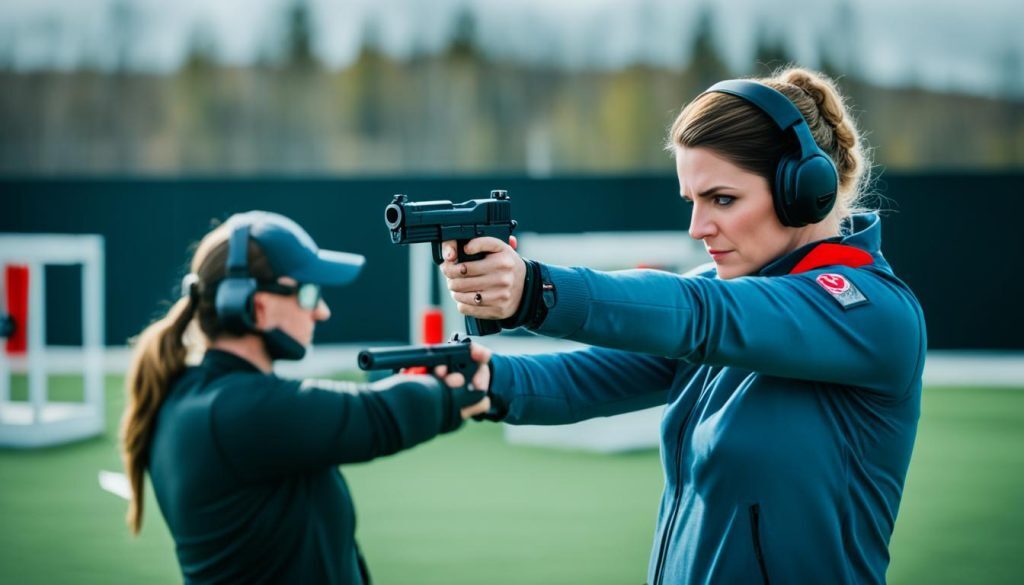
Requirements and Eligibility
To enroll in the Canadian Firearms Safety Course, individuals must meet certain requirements. Minors under the age of 18 can participate in the course with parental consent. Successfully completing the course makes a person eligible to apply for a Possession and Acquisition Licence (PAL) to obtain non-restricted firearms. Minors may also obtain a Minor’s Possession Licence or use firearms under the supervision of a fully licensed adult. For further information about minors licensing or to obtain a firearms licence application, individuals can contact the Canadian Firearms Program.
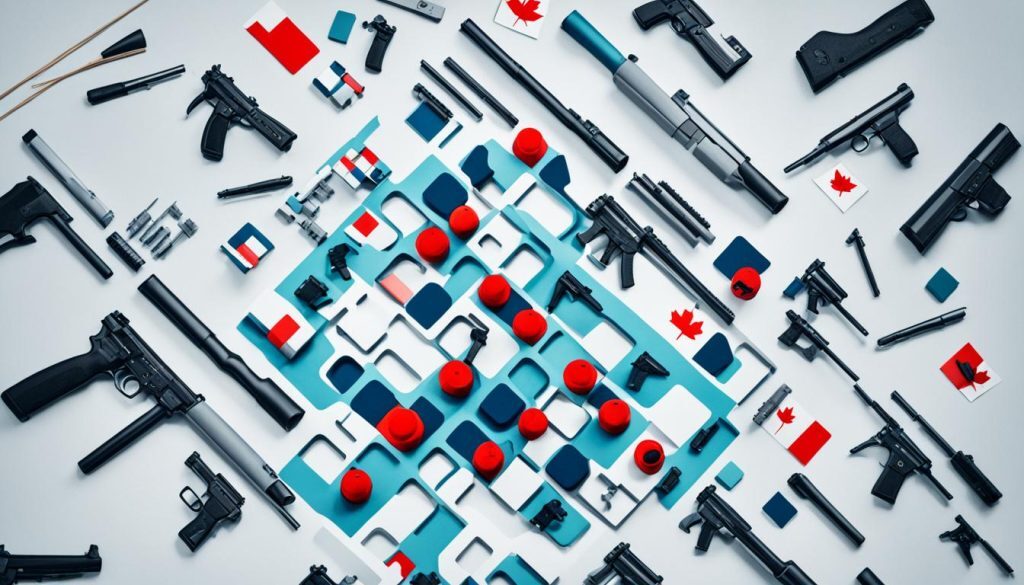
| Eligibility Criteria | Requirements |
|---|---|
| Age | Minors under 18 need parental consent |
| Licensing | Successful completion of the Canadian Firearms Safety Course |
| Minors | Possibility of obtaining a Minor’s Possession Licence or using firearms under adult supervision |
| Contact Information | Canadian Firearms Program |
Hunter Education Course
If you are considering hunting game with a firearm in Newfoundland and Labrador, you must complete the Hunter Education Course in addition to the Canadian Firearms Safety Course. This comprehensive course covers a wide range of important topics that are essential for responsible hunting practices and wildlife conservation.
The Hunter Education Course focuses on educating hunters about wildlife conservation and management, ensuring they understand the laws and regulations related to hunting, and instilling important principles of hunter ethics and responsibility. Participants will learn about the proper techniques for outdoor safety, including firearm handling and storage, as well as survival techniques in the wilderness.
By completing both the Canadian Firearms Safety Course and the Hunter Education Course, you will fulfill the requirements to obtain provincial resident licenses for hunting with a firearm or bow. These courses equip you with the knowledge and skills necessary to engage in hunting activities in a responsible and ethical manner while promoting wildlife conservation.
| Course Name | Focused Topics |
|---|---|
| Canadian Firearms Safety Course |
|
| Hunter Education Course |
|
Other Recognized Training Courses
If you are a new resident moving to Newfoundland and Labrador and have already completed hunter education training courses in your previous province or territory, you may have the option to have these courses recognized. The Wildlife Division of Newfoundland and Labrador can provide more information on the acceptance criteria for these courses.
When participating in hunting activities with a firearm, it is important for hunters to carry their Outdoor Identification Card (OIC) along with the appropriate hunting license. The OIC serves as proof of completing the Hunter Education training requirements and is required when hunting in other parts of Canada.
For more information on recognized training courses and the necessary documentation for hunting in Newfoundland and Labrador, please contact the Wildlife Division. They will provide you with the guidance and assistance you need to ensure compliance with the province’s hunting regulations.
| Course | Accepted by Wildlife Division |
|---|---|
| Alberta Hunter Education Course | Yes |
| British Columbia Hunter Education Course | Yes |
| Ontario Hunter Education Course | Yes |
Course Fees and Registration
If you’re considering taking the Canadian Firearms Safety Course or the Hunter Education Course, it’s important to be aware of the fees associated with these training programs. The course fees include HST (Harmonized Sales Tax) and vary depending on the specific course and the age category of the participant.
Fortunately, the registration process for these courses is simple and convenient. Participants have the option to register either in-class or online, allowing flexibility based on personal preference and availability. Whether you prefer the traditional classroom setting or the convenience of an online course, both options are available to accommodate your needs.
It’s worth noting that the in-class Hunter Education Course is not only a mandatory requirement for becoming hunter certified but is also necessary for eligibility to obtain resident hunting licences in Newfoundland and Labrador. Therefore, completing the course in a classroom setting provides a valuable opportunity to learn and engage with the material.
To ensure all necessary information and contact details, visit the website of the institution offering the courses. Registration information can be found there, and in case you have any questions or need further assistance, they will be happy to help you navigate through the registration process.
- Canada Arrest Protocol: What Police Say Upon Arrest - June 12, 2025
- Can Police Disclose Who Reported You? Find Out Here - June 6, 2025
- 2025 Window Rebates Ontario: How to Save Money While Replacing Windows and Doors - April 24, 2025
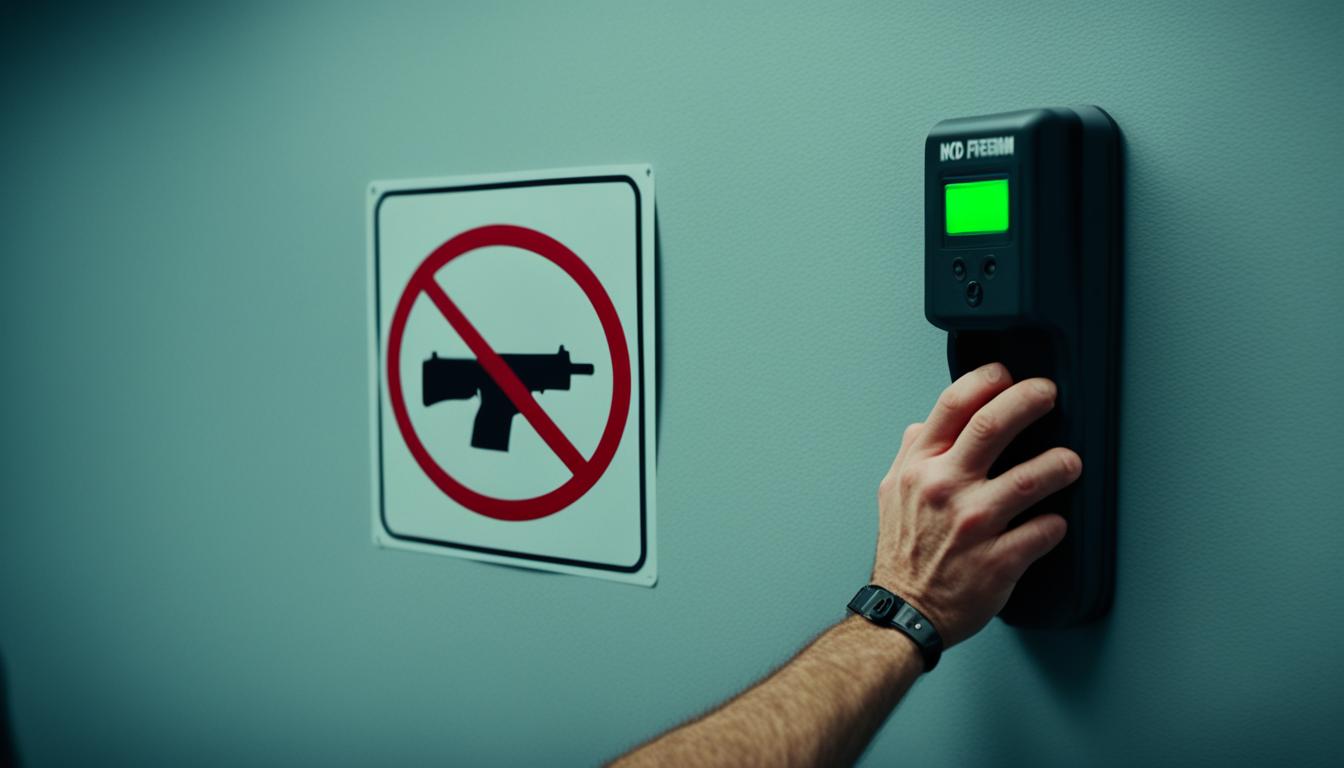
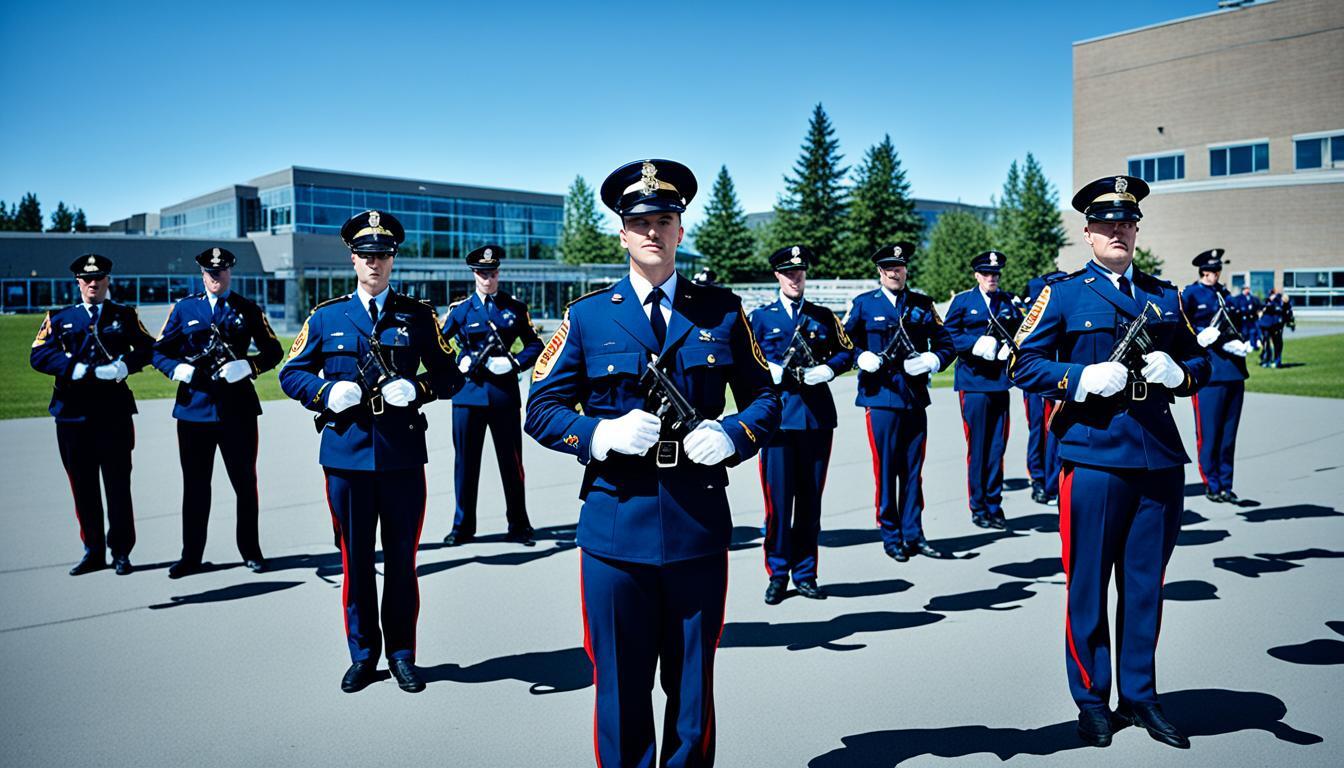
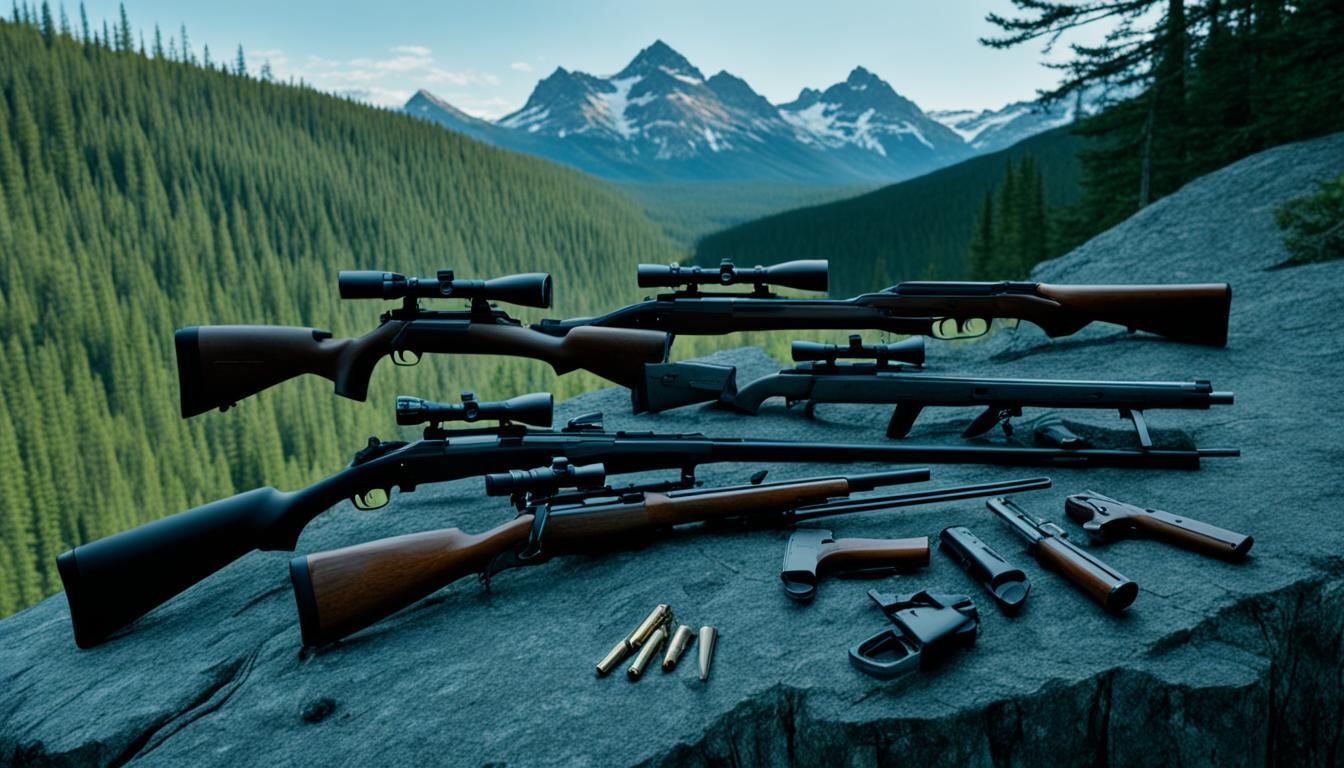
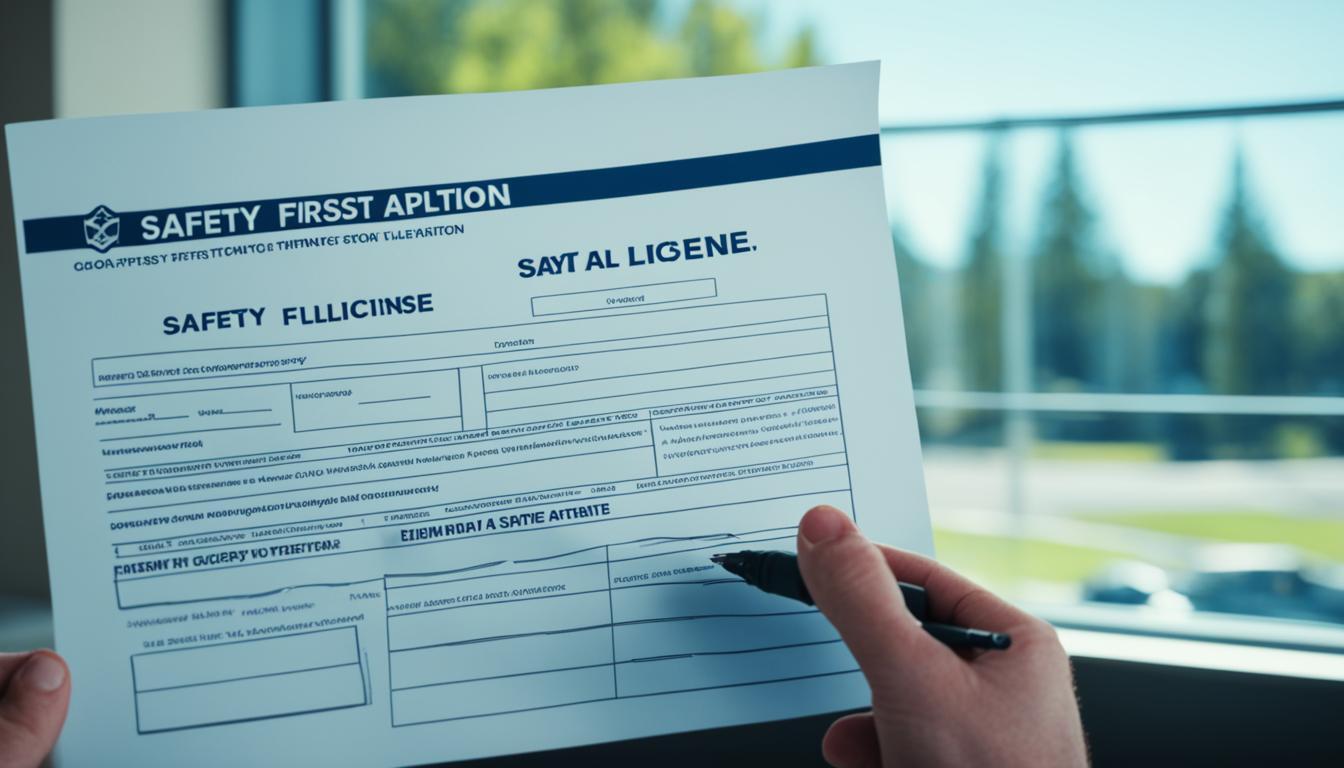
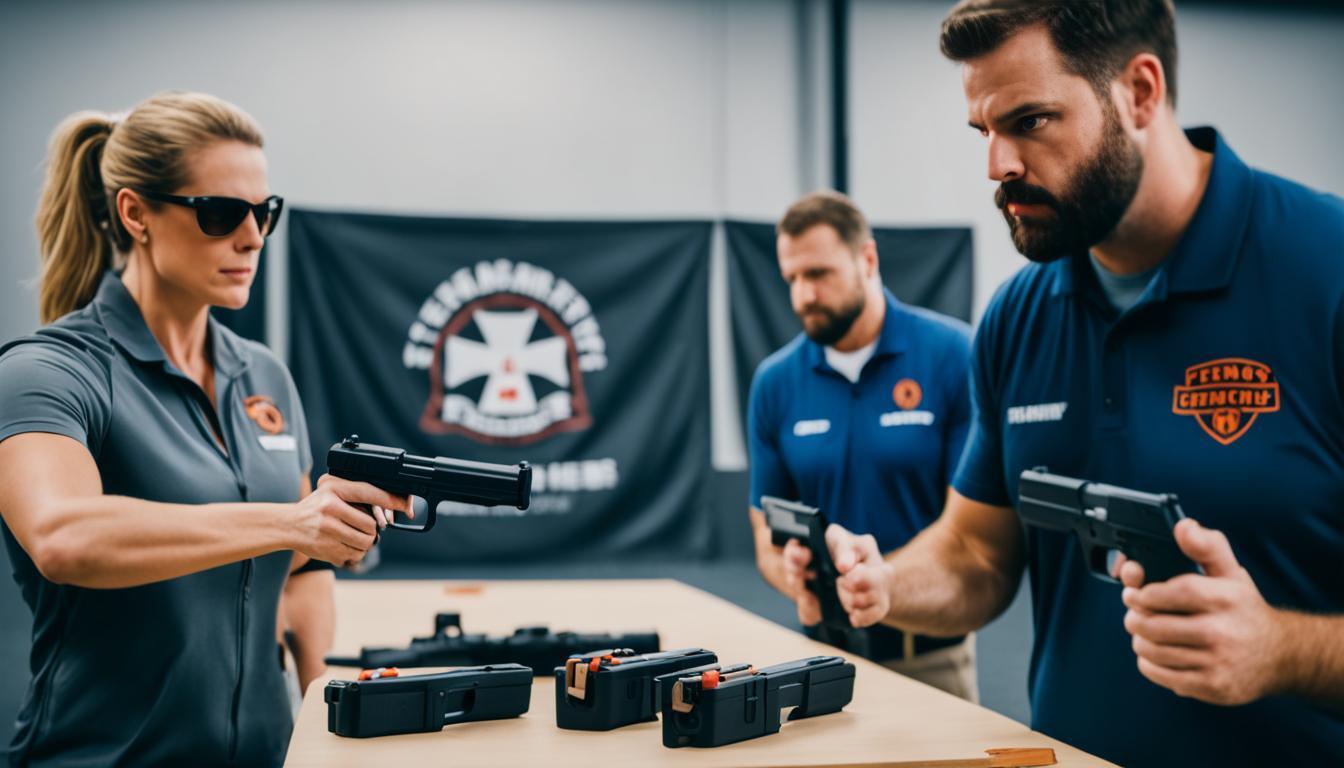

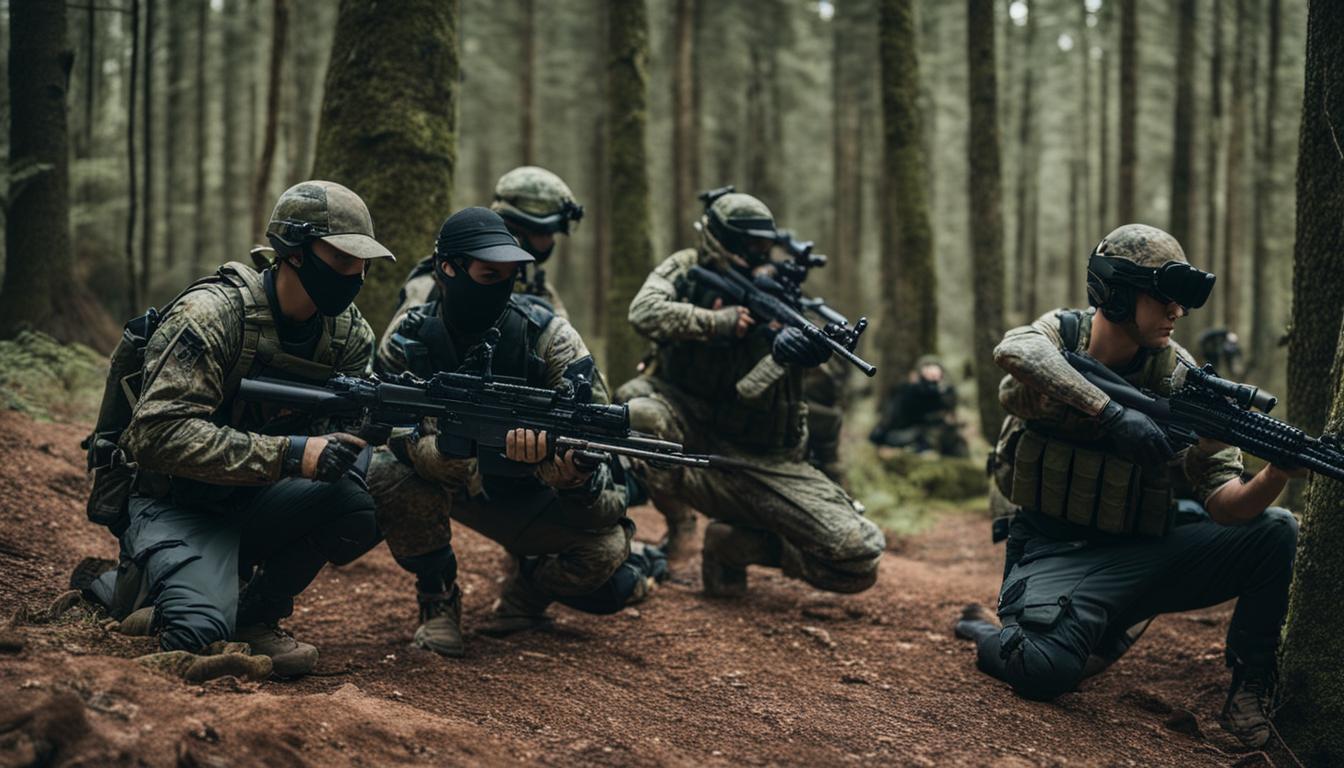

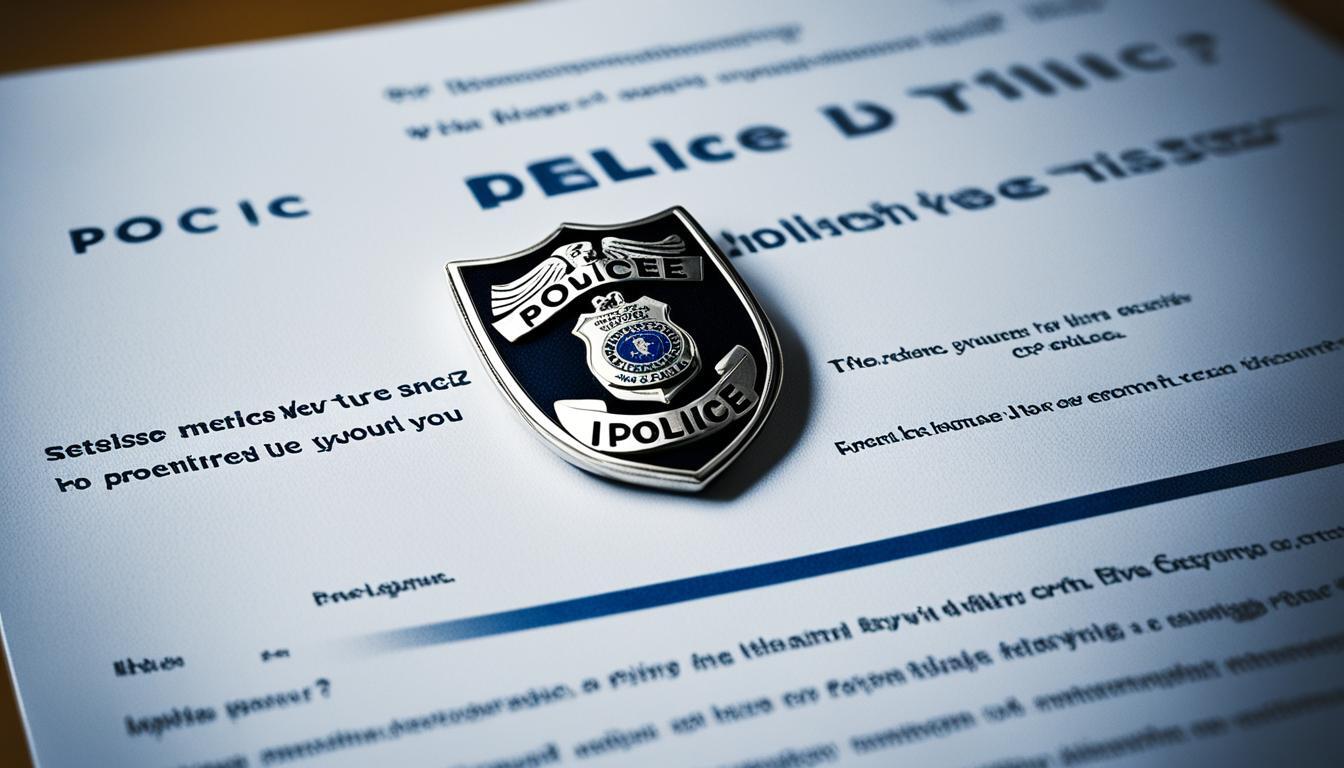









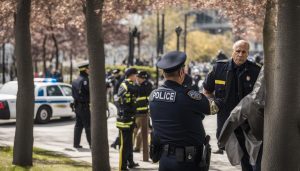
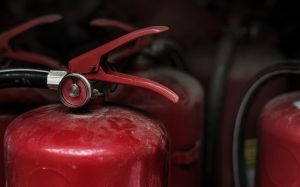
Post Comment